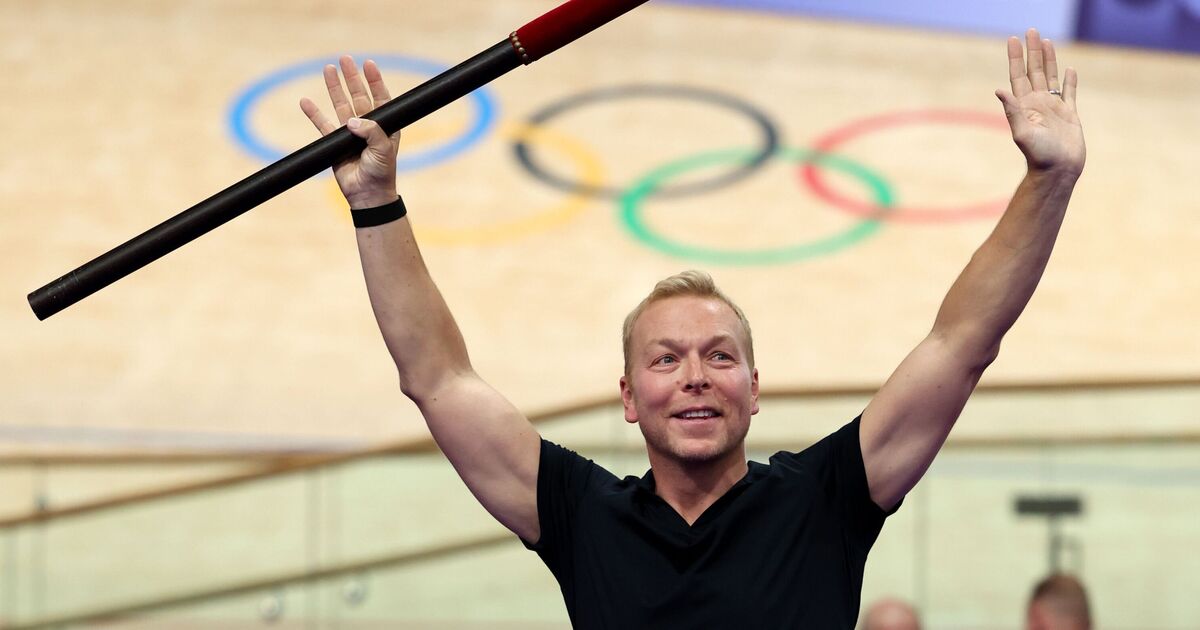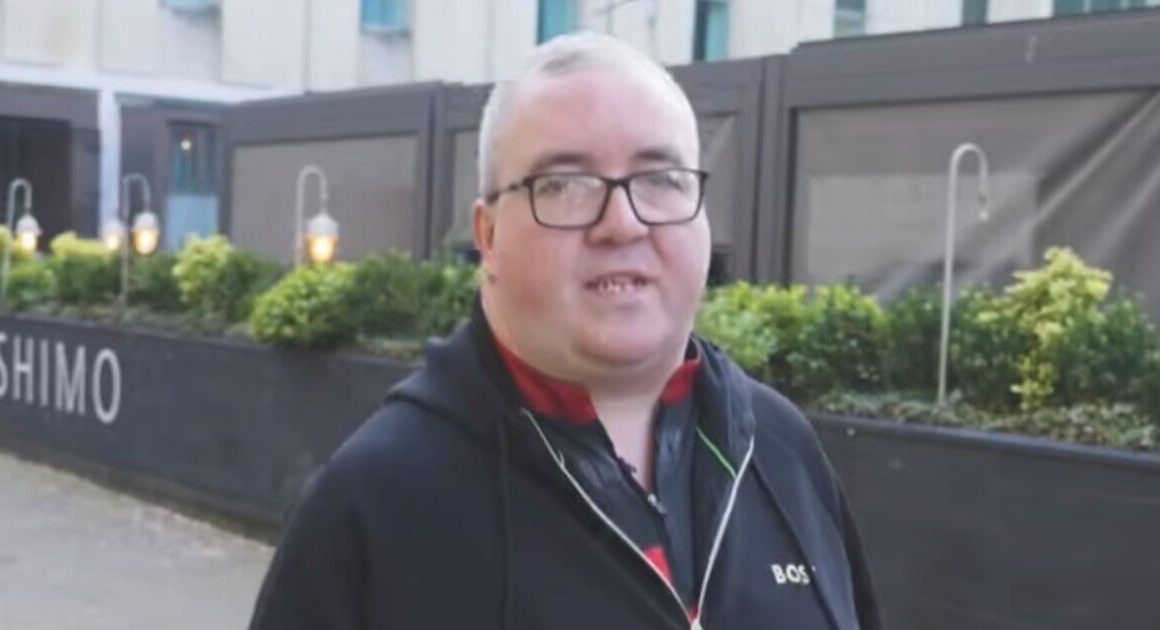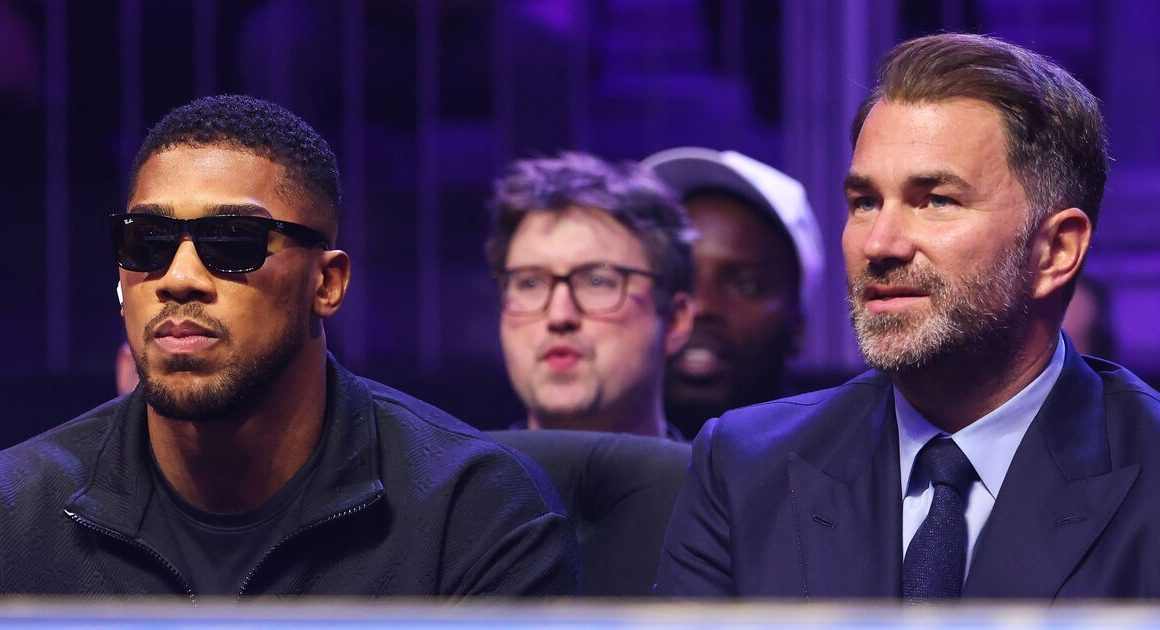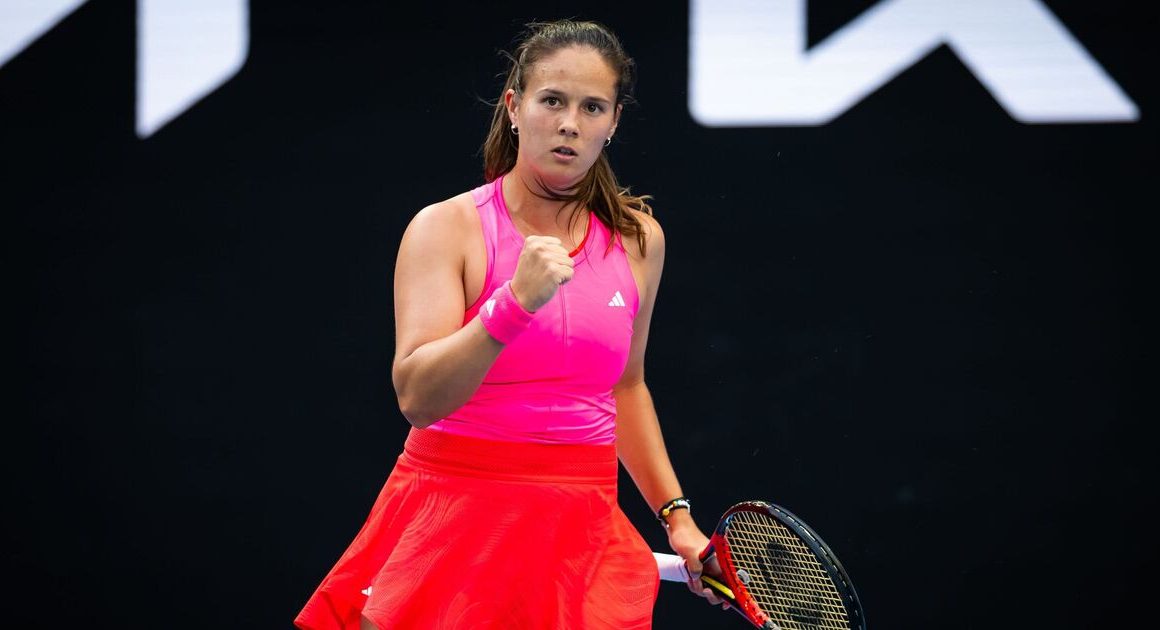Sir Chris Hoy says he has retained hope that he can defy the terminal diagnosis given to him by his doctors. The sporting world was left stunned last month when Hoy, 48, revealed he had been diagnosed with stage four prostate cancer.
The six-time Olympic gold medalist revealed back in October he had been undergoing chemotherapy for stage four prostate cancer, and had been given between two and four years left to live.
But in his latest interview, the 48-year-old revealed his treatment was going well and bravely vowed to “crack on for many years’ yet.
“Well the plan is, right now, keep doing what I’m doing in terms of treatment because it’s working,” he told The Chris Evans Breakfast Show. “Touch wood – the diagnosis was two to four years, but actually if you look beyond that it can be many years.
“There’s people out there that are still around who’ve been in the similar situation for 20 years. So you know there’s hope. There is hope and I’m very lucky that there is treatment for me.”
Hoy also accepted his situation could deteriorate, adding: “But also you don’t know it could be less than that. So that is the target you know – crack on for many years, ideally.”
Hoy, whose wife Sarra has also been diagnosed with multiple sclerosis, also reiterated his desire to help raise awareness for men also potentially living with his condition. Since he spoke out, the NHS have already announced plans to review guidance around prostate cancer testing.
The BBC pundit also said that online inquiries about prostate checks had risen by around 700 per cent since his pleas. “For those that are in a similar situation, there’s a lot of life left to live,” he continued.
“And within that time I want to first of all get more men to their GP’s asking for PSA tests. Go and ask for a PSA test. It’s a blood test – get it done. Peace of mind, it’s done.”
The Scot even expressed hope that in future, treatments could exist to change the diagnosis for stage four patients like himself. “Finding hope, I think, is the biggest thing,” he said. “I’m not delusional. I’m not thinking there’s going to be a miracle cure. But science, medical science is incredible.
“And the rate at which new developments are coming out, you know, if you can hold fast, if you can hang on, the hope is something else pops up. A new treatment, a new medicine, a new drug, which will help you go for another few more years, and so on and so on.”












